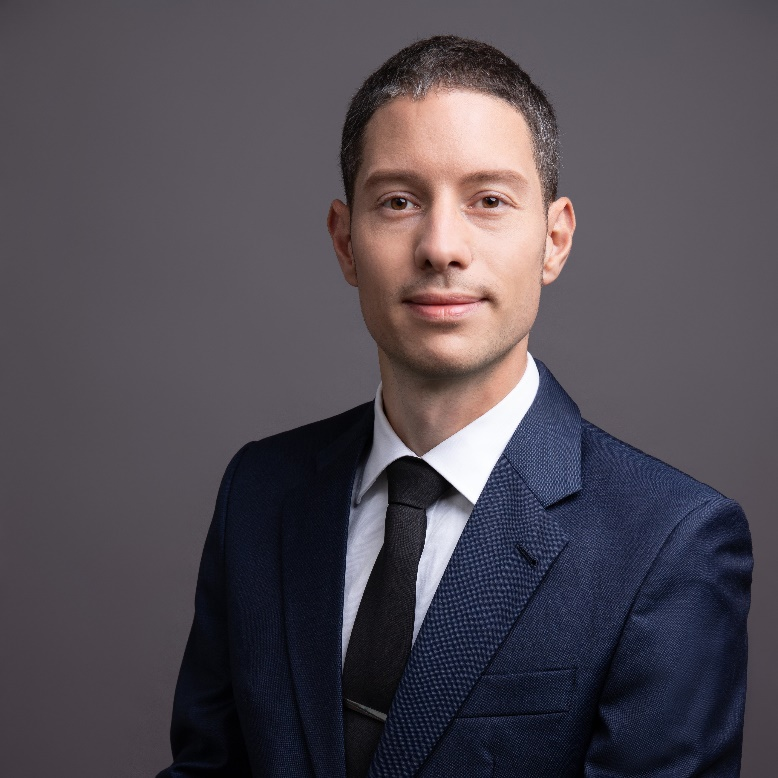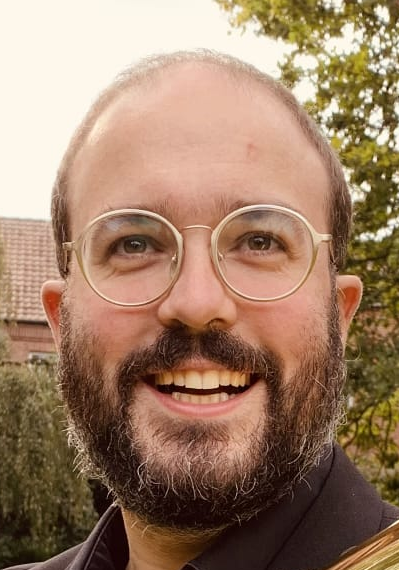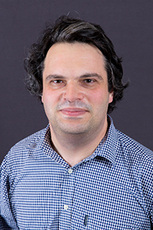Course Overview
Course Title: Energy Materials for Sustainable Development
Relevant SDGs: 7, 8, 9
Credit(s): 2 Credits
Course Description:
As humanity’s hunger for energy increases, we are faced with the negative consequences of our species’ actions. Environmental pollution, climate change, and conflicts over limited resources become more pressing concerns. In order to satisfy the need of all people for energy and yet keep the planet in a state able to sustain human life, new solutions are required. Renewable and sustainable ways for energy generation, storage, and transportation may offer solutions to these challenges. In this course, various energy materials, their characterization, modelling, and application are explored through lectures and guided discussions. Additionally, a wider glance on the economic and strategic aspects of energy materials are explored, highlighting how a shift in energy generation may be accompanied by a shift in global power. In this way, this course will align with and highlight the Sustainable Development Goals of “Affordable and Clean Energy” (SDG 7), “Decent Work and Economic Growth” (SDG 8) “Industry, Innovation, and Infrastructure” (SDG 9), and other related SDGs established by the United Nations.
Academic Team
PI:
- Dr. Milias Liu, Assistant Teaching Professor, Shanghai Jiao Tong University Global College, SJTU, milias.liu@sjtu.edu.cn
Collaborators:
- Dr. Steffen Neitzel-Grieshammer, Professor, Faculty of Chemistry and Chemical Engineering, FH Münster, steffen.neitzel-grieshammer@fh-muenster.de
- Dr. Joachim Breternitz, Professor, Faculty of Inorganic Chemistry, FH Münster, joachim.breternitz@fh-muenster.de
- Dr. Matthew Wolf, PostDoc, Institute of Physical Chemistry, RWTH Aachen University, wolf@pc.rwth-aachen.de
- Dr. Jolla Kullgren, Researcher, Department of Chemistry – Ångström Laboratory, Uppsala Universitet, jolla.kullgren@kemi.uu.se
What skills will students get?
- Understand the basic concept of sustainable development.
- Understand the fundamental principles of various renewable and sustainable energy materials.
- Assess economic and strategic aspects related to sustainable development in the energy sector.
Each student will receive an electronic certificate from Shanghai Jiao Tong University. The credits (2) are transferable depending on the credit arrangements policy of the student’s university.
Mode of Teaching
Synchronous teaching with online lectures, group discussions, and a group project.
Grading
- Attendance 20%
- Assignments 30%
- Final Presentation 25%
- Final Report 25%
Course-specific Restrictions
The course is open to full-time undergraduate and graduate students of all disciplines from universities all over the world. Participants will need to attain a passing mark of at least 60% and attend at least 70% of the course live online, including the final presentation, to be eligible for the graduating electronic certificate. Students should refer to the course schedule to ensure their availability before registering. The course will offer a limited capacity. Participants will receive a confirmation email if their registration is successful.
Class Schedule
|
Week |
Date |
Week Day |
Time(UTC+8) |
Topic |
Credit hours |
Teaching mode |
Instructor in charge |
|
1 |
2025.06.23 |
MON |
18:00-19:40 |
Introduction to Sustainability |
2 |
Lecture and Team/Group Discussion |
Milias Liu |
|
1 |
2025.06.25 |
WED |
18:00-19:40 |
Introduction to Sustainability |
2 |
Lecture and Team/Group Discussion |
Milias Liu |
|
1 |
2025.06.26 |
THU |
18:00-19:40 |
Fundamentals of Energy Materials |
2 |
Lecture and Team/Group Discussion |
Milias Liu |
|
1 |
2025.06.27 |
FRI |
18:00-19:40 |
Fundamentals of Energy Materials |
2 |
Lecture and Team/Group Discussion |
Milias Liu |
|
2 |
2025.06.30 |
MON |
14:00-15:40 |
Green Hydrogen Production and CO2 Recycling – Computational Approaches to Heterogeneous Catalysis |
2 |
Lecture and Team/Group Discussion |
Jolla Kullgren |
|
2 |
2025.07.01 |
TUE |
14:00-15:40 |
Green Hydrogen Production and CO2 Recycling – Computational Approaches to Heterogeneous Catalysis |
2 |
Lecture and Team/Group Discussion |
Jolla Kullgren |
|
2 |
2025.07.02 |
WED |
14:00-15:40 |
Modelling of Battery Materials |
2 |
Lecture and Team/Group Discussion |
Steffen Neitzel-Grieshammer |
|
2 |
2025.07.03 |
THU |
14:00-15:40 |
Modelling of Battery Materials |
2 |
Lecture and Team/Group Discussion |
Steffen Neitzel-Grieshammer |
|
3 |
2025.07.07 |
MON |
14:00-15:40 |
Characterization of Solar Cell Materials |
2 |
Lecture and Team/Group Discussion |
Joachim Breternitz |
|
3 |
2025.07.08 |
TUE |
14:00-15:40 |
Characterization of Solar Cell Materials |
2 |
Lecture and Team/Group Discussion |
Joachim Breternitz |
|
3 |
2025.07.09 |
WED |
14:00-15:40 |
Modelling of Photovoltaic Materials |
2 |
Lecture and Team/Group Discussion |
Matthew Wolf |
|
3 |
2025.07.10 |
THU |
14:00-15:40 |
Modelling of Photovoltaic Materials |
2 |
Lecture and Team/Group Discussion |
Matthew Wolf |
|
4 |
2025.07.14 |
MON |
18:00-19:40 |
Economic and Strategic Aspects of Renewable Energy |
2 |
Lecture and Team/Group Discussion |
Milias Liu |
|
4 |
2025.07.16 |
WED |
18:00-19:40 |
Economic and Strategic Aspects of Renewable Energy |
2 |
Lecture and Team/Group Discussion |
Milias Liu |
|
4 |
2025.07.18 |
FRI |
16:00-19:40 |
Group Project Presentations |
4 |
Student Group Presentation |
|
|
Total |
32 |
|
|||||
Instructors

Dr. Milias Liu, Shanghai Jiao Tong University

Dr. Steffen Neitzel-Grieshammer, FH Münster

Dr. Joachim Breternitz, FH Münster

Dr. Matthew Wolf, RWTH Aachen University

Dr. Jolla Kullgren, Uppsala Universitet
Course Contact
Dr. Milias Liu (milias.liu@sjtu.edu.cn)



